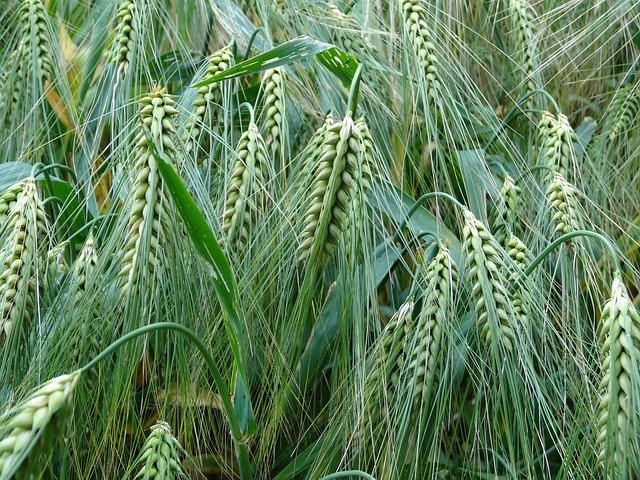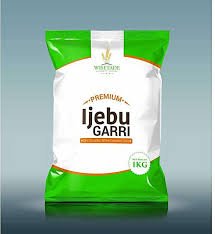With intentions to export two million tons of wheat, Jigawa’s ambitious Wheat Revolution is expected to leave a lasting impression and put Nigeria on the path to self-sufficiency.
The Federal Government’s support and Governor Umar Namadi’s strategic vision highlight how the agricultural environment may change.
We will discuss Jigawa State’s encouraging path toward developing a flourishing wheat business in this blog post.
Jigawa Wants to Export Two Million Tons of Wheat
In keeping with the state’s wheat effort and the National Wheat Development Programme, Governor Umar Namadi recently revealed ambitions to produce two million tons of wheat for export.
Following talks with President Bola Tinubu, who approved of the ambitious proposal and promised the Federal Government’s help, the announcement was made.
In November 2023, the Federal Government launched a dry season initiative in Jigawa State, designating 40,000 hectares of the state’s 100,000 hectares for wheat production.
Nigeria’s Potential for Wheat Exports
Namadi emphasized Nigeria’s position as the country’s leading producer of wheat while expressing confidence in the country’s ability to export wheat.
With 40,000 hectares set aside for the wheat program, Namadi projected a significant contribution to the country’s wheat production and laid out measures to surpass expectations.
Jigawa’s Function in the Country’s Wheat Production
In response to inquiries concerning Jigawa State’s contribution to the country’s wheat output, Namadi emphasized the state’s noteworthy role in being Nigeria’s top producer of wheat.
The Federal Government’s proposal, which calls for the cultivation of 40,000 hectares, highlights Jigawa’s key role in the nation’s efforts to achieve self-sufficiency in wheat.
The Goals of Governor Namadi for Agricultural Export
Jigawa State’s agricultural goals, as disclosed by Namadi, went beyond growing wheat; plans included exporting rice and growing other cash crops.
The Governor presented a planned crop export cycle that starts with wheat and moves on to rice and other commodities.
The state’s dedication to expanding its agricultural portfolio can be seen in this all-encompassing strategy, which aims to attain food sufficiency and produce surpluses for export.
Aiming for an annual target of four tons per hectare
Governor Namadi set a lofty goal for wheat harvesting: four tonnes per hectare each year. He underlined how the state helps farmers by offering land clearance help and other necessary services.
The governor said he was confident that farmers would be able to increase their crops because the Federal and State governments were working together.
The Wheat Program of the Federal Government
With a 50% input subsidy for growing about 250,000 hectares, the Federal Government’s wheat initiative seeks to assist about 250,000 wheat producers.
This program is in line with Nigeria’s overarching objective of becoming wheat self-sufficient.
The cooperation between the federal and state governments indicates an organized effort to strengthen the country’s agriculture industry.
The Niger State’s Dedication to Agricultural Development
Simultaneously, Mohammed Bago, the Governor of Niger State, stated that he was prepared to equal the national goal of cultivating 500,000 hectares of agricultural land for food security.
Bago reaffirmed that steps were being made to secure farmers’ safety despite security issues in the area, highlighting the state’s dedication to supporting the federal government’s agricultural program.
In summary
A significant step toward Nigeria’s wheat production self-sufficiency has been taken with Jigawa’s ambitious Wheat Revolution.
With the backing of the federal government and Governor Namadi’s strategic vision, Jigawa is positioned to play a major role in the nation’s transformation in agriculture.
Nigeria has the potential to emerge as a significant player in the global wheat market, as evidenced by its promise to export two million tons of wheat.
It is becoming clear that cooperative efforts between the federal and state governments are creating the conditions for a prosperous agricultural environment in Nigeria as the Wheat Revolution progresses.






